Professionals Advocate for LGBT Rights in Nigeria
Akoro Joseph Sewedo
Arcus Correspondent
A non-profit organization established in 2002 by seven professionals, to cater for the welfare of professionals dabbled in human rights advocacy of LGBT rights in the south-south region of Nigeria. The foundation was based on the fundamental human rights principle of equality.
Speaking with BTM’s Joseph Sewedo Akoro, the executive director of Pure Professionals Rights Advocates responded to the following questions;
Please can you tell us about yourself, background, academics and career?
I am Austen Oladipo, goal oriented, focused and keen on the protection of fundamental Human Rights in Nigeria. I am the Executive Director of Pure Professional Rights Advocates.
I am a Legal Practitioner per excellence into full-time law practice and human rights observance, protection and enforcement.
Please can you describe the aims and objectives of Pure Professional for human rights?
Our aims and objectives are as follows;
- Promoting access to Universal Comprehensive Prevention, Treatment, Care and support services for women, youth and most at risk population through sensitization of the masses.
- Provision of free legal aid services to the less privaleged in the society
- Advocacy for equal rights and justice for the less privalege and the sexual minorities
- To reduce stigmatization from the society based on individual’s sexuality, gender, age, marrital, race or health status.
- To fight against exploitation, injustice and corruption against humanity in the region.
- To educate the society on good norms, citizenship’s role and to inculcate into the people’s mind, ideals of national unity.
- To sensitize the community against female circumcision and victimization of the girl child
- To provide help under health & nutrition services for people living with HIV and AIDS
- To provide shelter/facilities for old people, children and disabled persons.
- Provide scholarship/Financial aid to women, youth and most at risk population to improve their overall development.
How was the organization founded and what was the cause for it?
Initially, we were thinking of the welfare of our members, who are pure professionals. For you to be part of the organization, you must be a professional. So as time we realized that we the professionals do not need the services much and we need to reach out to other people, who needed us much more. So that was the rationale behind the organization.
So how did you dabble into LGBT rights?
We discovered that we do not need the services much, most of us are professional and we can cater for ourselves. So that was how we dived into general HIV and the LGBT rights advocacy world.
What was your inspiration?
Our inspiration was derived from the principle of international human rights that nobody should be discriminated on the basis of sexual orientation and gender identity/expression.
How would you describe the LGBT community in the South-south region/Port Harcourt of Nigeria?
The LGBT community in this region is very formidable. The region is a coastal region with numerous inlets and outlets (Harbours), the region is also bounded by other countries with gives room for interaction and other foreign influence. The region is also a bee-hive of activities because of oil exploration activities in the up-stream and down-stream sector.
All these serves as a factor, which promotes sex-work in the region and makes LGBT practices high. The region is fondly known as Niger Delta and the heart of the country’s economy.
LGBT activity in the region is fun but done in the closet.
Are you faced with any challenges in doing your work? If yes, please describe.
We are faced with the following challenges.
- Religious intolerance and dogmas
- Cultural belief.
- Hostility from non-LGBT persons.
- Volatility of the region.
- Spares funding
- Low level of literacy.
Please can you give us an estimate of your beneficiary and their demography?
Our beneficiaries exceed over 7000 persons cutting across all the Niger Delta States.

